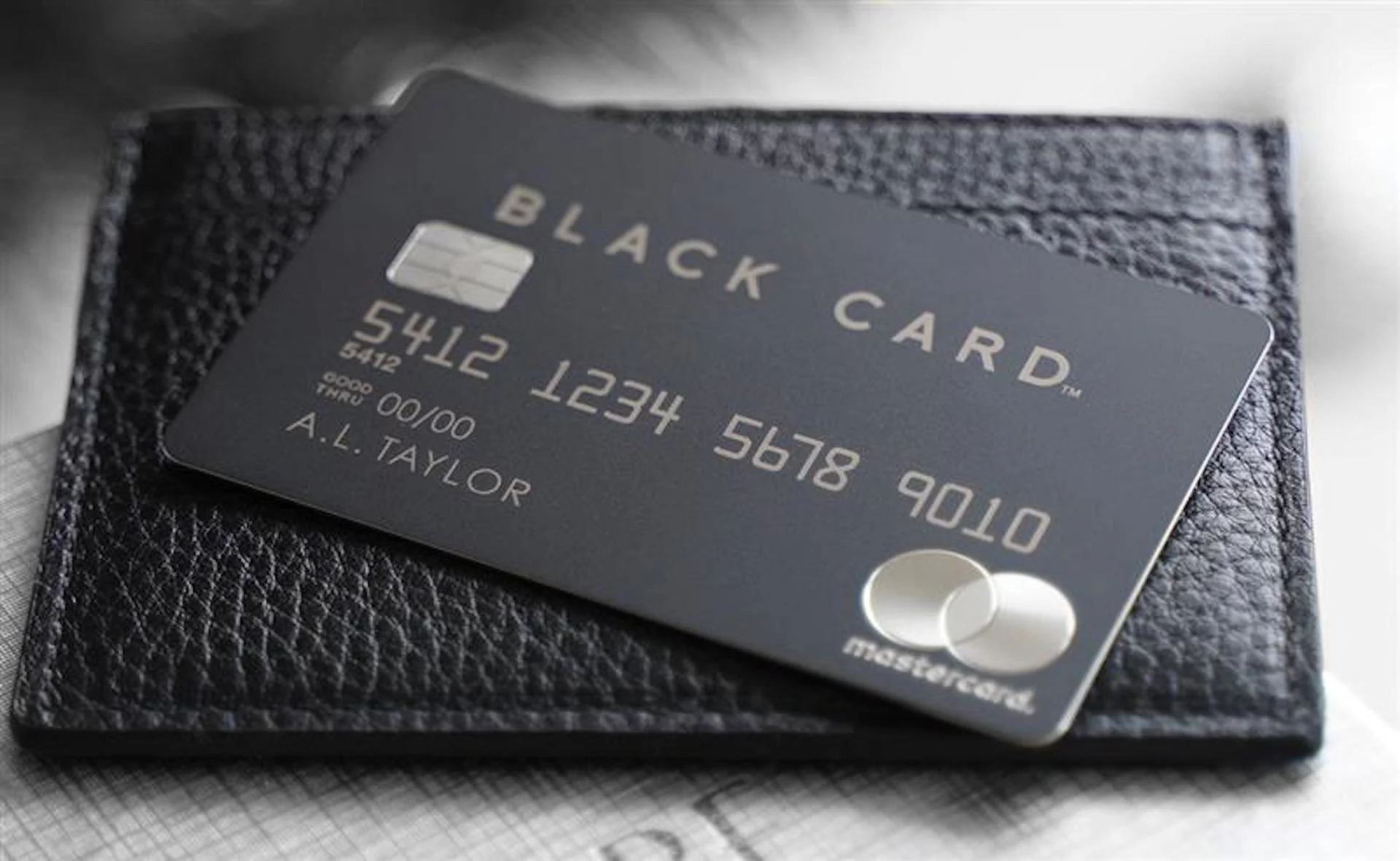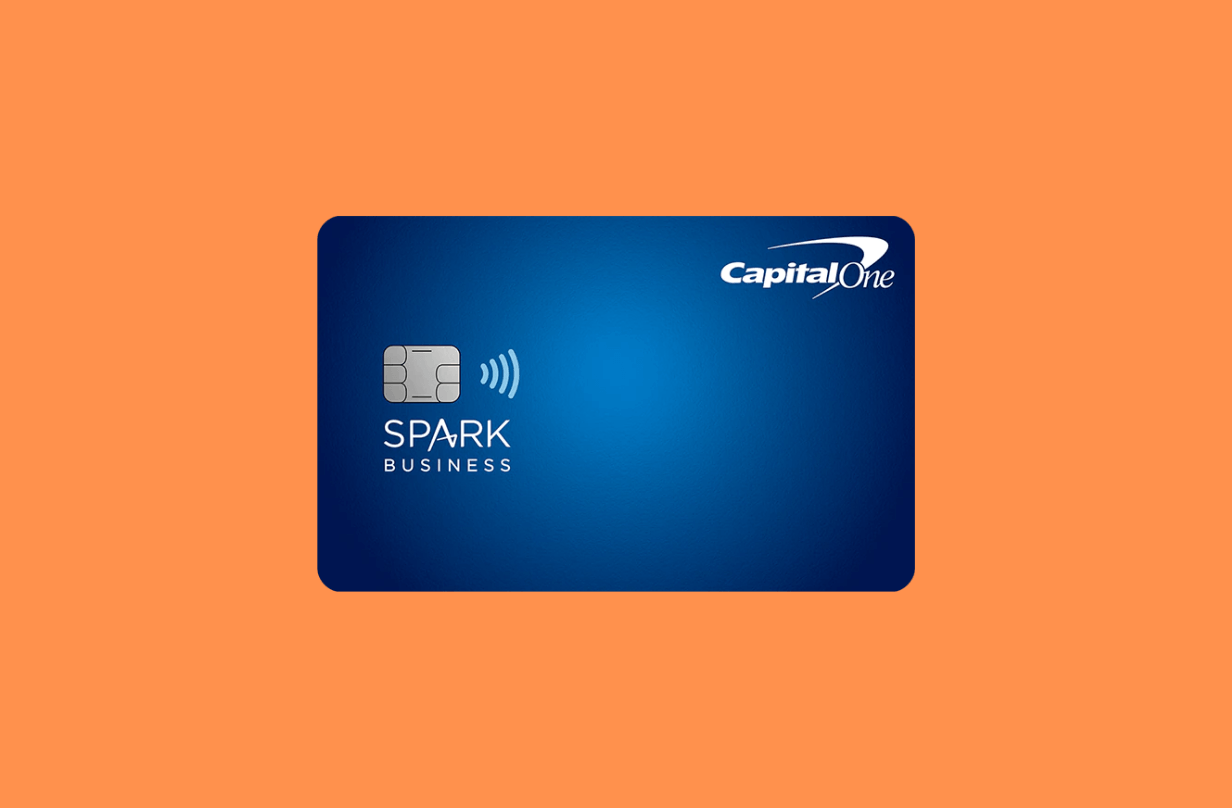The Impacts of Credit Cards on Financial Health: When to Use and When to Avoid

The Importance of Credit Cards in Financial Management
Credit cards are more than just plastic cards; they represent a significant aspect of modern financial management. When used wisely, they can provide various benefits that enhance your purchasing power and improve your financial standing. However, they also require a level of responsibility and understanding to prevent potential pitfalls that could negatively impact your economic situation.
Benefits of Using Credit Cards
- Convenience: Credit cards offer unmatched convenience when making purchases. Whether you’re shopping online for the latest gadgets or buying groceries in-store, a credit card provides an immediate means of payment. For instance, during a rushed shopping trip, pulling out a credit card can save you time compared to counting cash or writing a check. Additionally, many retailers allow contactless payment methods utilizing credit cards, which can enhance safety and reduce transaction time.
- Credit Building: One of the most significant advantages of using credit cards is that responsible usage contributes to building a strong credit history. For example, making timely payments on your credit card balances each month can positively affect your credit score. A good credit score is crucial for accessing other forms of credit, such as mortgages or auto loans, often at more favorable interest rates. Over time, maintaining good credit can save you money when you need to borrow for big purchases.
- Rewards Programs: Many credit cards come with enticing rewards programs that offer cash back, travel points, or other perks. For example, a travel rewards card can earn you points for every dollar spent, which can later be redeemed for flights, hotel stays, or car rentals. If you frequently travel for work or enjoyment, leveraging these rewards can lead to substantial savings and enhanced experiences.
Risks of Credit Card Usage
- High-Interest Rates: While credit cards offer convenience, they also come with the risk of high-interest rates. If you carry a balance from month to month, the interest can accumulate quickly, leading to increased debt over time. For example, a card with an 18% annual percentage rate (APR) can turn a $1,000 balance into a nearly $1,200 burden if not paid off within a year.
- Debt Accumulation: The ease of using credit cards can sometimes lead to overspending. It’s easy to swipe your card without fully realizing the total amount accumulated. This behavior can spiral into significant debt, which may be difficult to manage and repay. For instance, purchasing a few items each month can add up, leading to a balance that exceeds your repayment ability.
- Fees: Credit cards can also come with various fees, including late payment fees, annual fees, and foreign transaction fees. These charges can be difficult to track and may accumulate silently, adding an unexpected burden to your finances. For example, if you miss your payment deadline even by a day, you could incur a late fee of $25 or more, which compounds your financial responsibility.
By understanding both the benefits and risks associated with credit card usage, you can make informed decisions that support your overall financial health. Knowing when to use credit and when to hold back ensures that you can harness the advantages of credit cards while avoiding the disastrous consequences of mismanagement. This knowledge is a critical step towards achieving a balanced and secure financial future.
DISCOVER MORE: Click here for insights on technology in asset management
Understanding When to Use Credit Cards Wisely
Using credit cards effectively requires discernment and a clear understanding of when it is advantageous to rely on them. Establishing a set of criteria can help you navigate your credit card usage and maintain a healthy financial profile. Here are some key situations when using a credit card can work in your favor:
Optimal Situations for Credit Card Use
- Emergency Situations: Credit cards can be a lifeline during unexpected emergencies, such as medical expenses or car repairs. Having a credit card in such instances allows you to address urgent needs without depleting your savings. For example, a sudden car breakdown could cost hundreds of dollars, and using your credit card can ensure that you get back on the road promptly while postponing payment until you can strategize your budget.
- Building Credit History: Consistent usage of a credit card, followed by timely repayments, helps establish a solid credit history. This is especially beneficial for young adults or those who have recently moved to the United States and are starting from scratch. Paying for everyday purchases like groceries or gas with your credit card—and paying off the balance in full each month—demonstrates responsible financial behavior and can result in a higher credit score over time.
- Large Purchases: When considering making a large purchase, such as appliances or electronics, using a credit card can provide additional protections and rewards. Many credit cards offer extended warranties or purchase protection benefits, meaning that if your appliance malfunctions shortly after purchase, you may be covered. Plus, taking advantage of cash back or rewards points can yield value from significant expenses.
However, while there are distinct benefits to credit card use, it’s equally essential to recognize scenarios where using a credit card may lead to adverse financial outcomes. Various situations can trigger unnecessary spending or debt accumulation.
Situations to Avoid Using Credit Cards
- Impulse Purchases: Using a credit card for unplanned purchases can quickly lead to financial strain. The ease of swiping can lead to buying items you don’t need, resulting in a pile of debt that could take months to pay off. For example, if you see an attractive pair of shoes but have already surpassed your budget, charging it to your card can create lasting financial regret.
- If You Can’t Pay Off the Balance: If you anticipate that you will not be able to pay off your credit card balance by the due date, it’s best to avoid using it. Carrying a balance can accrue interests that lead to mounting debt, especially if you’re only making the minimum payment. For instance, a $500 balance can turn into a $600 debt within a few months due to interest accumulation.
- When You’re In Financial Distress: If you’re already experiencing financial difficulties, adding credit card debt can exacerbate your situation. It’s crucial to address any existing debts or budgeting issues before incurring additional liabilities. Attempting to rely on a credit card during times of financial hardship can lead to more stress and reduced financial stability.
By carefully evaluating when to use a credit card and when to refrain from doing so, you can harness its benefits while protecting yourself from potential financial pitfalls. This decision-making process is vital for maintaining your overall financial health.
DISCOVER MORE: Click here for easy application tips
Navigating the Risks Associated with Credit Cards
While credit cards offer numerous benefits, they also come with inherent risks that can negatively impact your financial health if not managed properly. Understanding these risks is just as important as knowing when to use a credit card. Here are some critical risks to consider and strategies to mitigate them:
The Dangers of Credit Card Overuse
- Accruing High Interest Debt: One of the most significant drawbacks of credit cards is their high interest rates. If you don’t repay your balance each month, those interests can pile up quickly, making even small purchases turn into sizable debts. For instance, if you carry a $1,000 balance with an annual percentage rate (APR) of 20%, you could find yourself paying over $200 in interest over the course of a year if you only make minimal payments. Being aware of your credit card’s APR and planning your spending accordingly is crucial to avoid this financial pitfall.
- Credit Score Damage: Unhealthy credit card habits can affect your credit score significantly. Late payments, high credit utilization ratios (the amount of credit used compared to the total available credit), and carrying a balance can all negatively impact your creditworthiness. Losing points on your credit score can make it harder to obtain favorable loan terms in the future. Monitoring your credit score regularly can help you stay informed and make necessary adjustments to your credit habits.
- Complex Fees: Many credit cards come with various fees, including annual fees, foreign transaction fees, and late payment fees. Understanding these charges is essential to avoid unpleasant surprises that can strain your finances. For example, if you’re traveling abroad and don’t realize your credit card charges a foreign transaction fee, you could quickly incur extra expenses that could have been avoided by using a travel-friendly card.
Strategies for Responsible Credit Card Management
To harness the benefits of credit cards while mitigating the risks, consider the following strategies:
- Create a Budget: Establish a budget that allocates a specific amount for your credit card spending each month. This budget should account for essentials while ensuring you do not overspend. When used as part of a balanced budget, credit cards can help you manage cash flow without compromising your financial stability.
- Set Up Alerts: Use your bank’s mobile app to set payment reminders and alerts for spending thresholds. These tools can help you keep track of your transactions and ensure you pay your bill on time. Being proactive in managing your credit card usage can prevent missed payments and unnecessary fees.
- Use Rewards Wisely: If you choose to use a credit card for purchases, opt for those that offer rewards or cash back on essential expenses. However, it’s crucial to ensure that the rewards you earn do not lead to overspending. Being strategic means using your credit card wisely without treating it as an opportunity to shop impulsively.
By being aware of the risks associated with credit cards and adopting sound management practices, you can protect your financial health while taking advantage of the benefits that credit cards can provide. Taking the time to educate yourself on smart credit use will put you in a position to make informed decisions that support your overall financial goals.
DISCOVER MORE: Click here to learn how to apply
Conclusion
In summary, credit cards can be powerful financial tools when used judiciously, but they also carry significant risks that can jeopardize your financial health. Understanding when to use a credit card—such as for budgeted essentials or rewards opportunities—versus when to avoid them—like for impulse purchases or high-cost items—is key to maintaining a healthy financial profile. By establishing clear spending limits, actively monitoring your credit score, and employing strategic budgeting techniques, you can use credit cards to enhance your financial flexibility rather than hinder it.
Moreover, awareness of the associated risks is crucial. Acknowledging the potential pitfalls of high interest debt, damaging credit scores, and unexpected fees can help you navigate the complexities of credit with greater confidence. Implementing measures such as payment reminders and cost-effective rewards can make your credit card experience more rewarding while minimizing the chances of falling into common traps.
Ultimately, the path to financial well-being lies in informed decision-making and proactive management. By equipping yourself with knowledge and practical strategies, you can turn credit cards into a means of achieving your financial goals rather than a source of stress. Take charge of your credit health today, and strive for a balance that aligns with your long-term financial aspirations.


